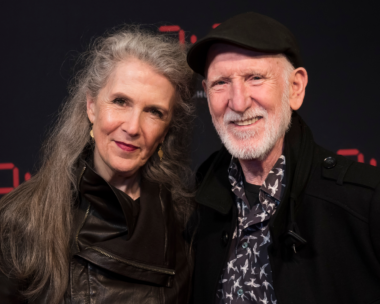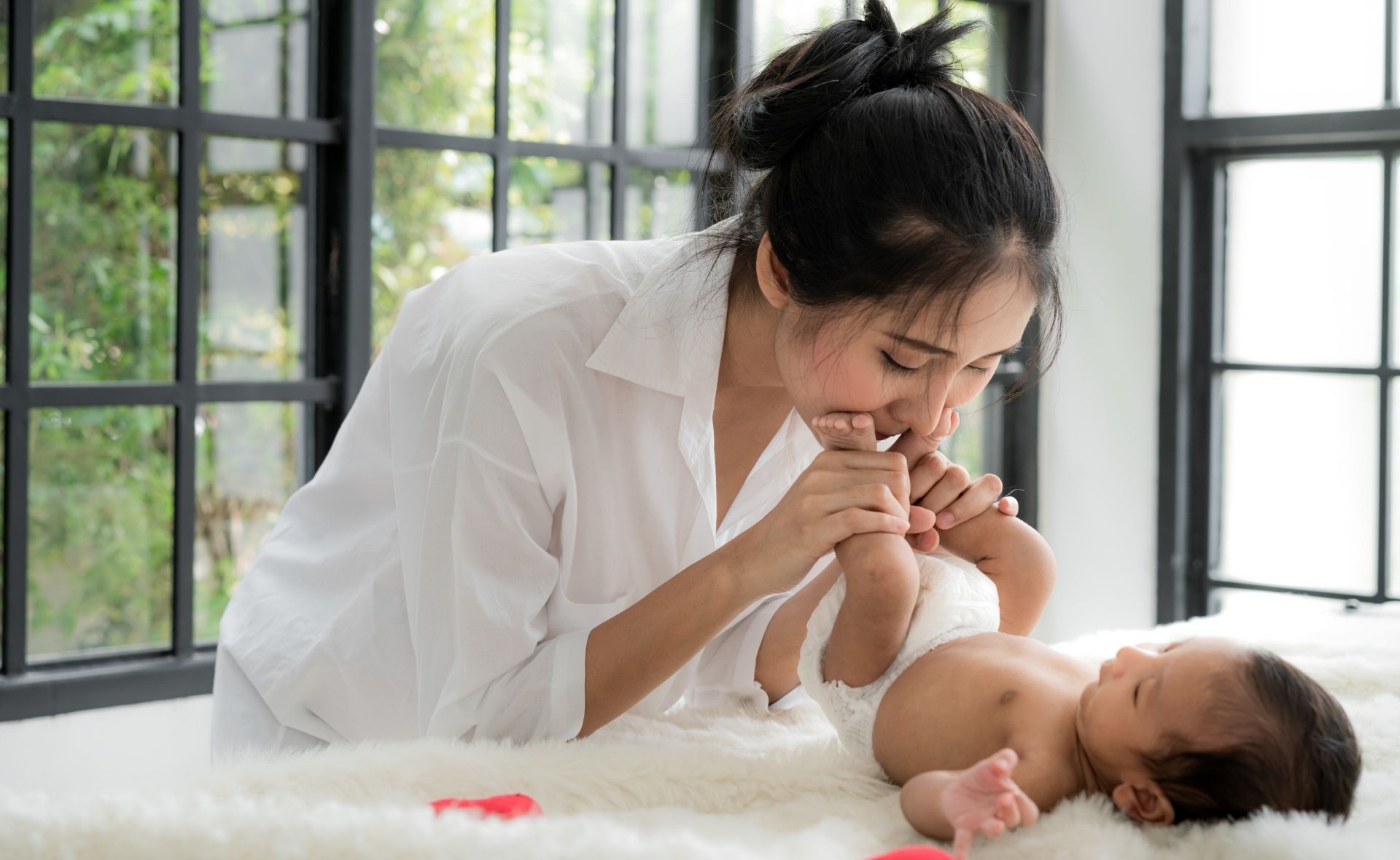The country’s largest teen survey, Mission Australia’s youth report, highlighted the top three personal concerns for young people aged 15-19.
Surveying more than 14,000 young Australians, the report found that both males and females listed stress, study and body image as their greatest concerns.
Both genders cited the Internet as where they were most comfortable going for information and young women’s second port of call was magazines, with 53.6 per cent seeking information from the medium and 27.4 per cent going to mags for advice.
Young men ranked magazines sixth in terms of where they were most comfortable going to for information after the internet, parents, friends, relatives and teachers.
Former Dolly magazine editor Tiffany Dunk said that teen magazines were keenly aware of the responsibility they had in distributing information to young women, particularly in fostering positive body image.
“It’s definitely something I was aware of as an editor,” she tellsThe Weekly.
“There is such an appetite for that information from young girls, they wanted more knowledge about how to think, act and be healthy, so for us it was something that we just kept getting asked for more and more.”
While teen magazines were changing positively in the way body image and other youth issues were being handled, the Government’s inaugural positive body image award recipient said there were other places in the media “that could pull their socks up”.
“Celebrities are still being shown in unrealistic ways and young girls are aware,” Dunk said.
“It’s really important that all shapes and sizes are represented in magazines and that girls see themselves reflected back at them.”
Dunk says that magazines were also aware of the role the medium played in helping teens cope with other major youth concerns like schoolyard problems, sexual health, and stress, and that they used a combination of peer recommendation and expert advice to express such information.
While telephone counselling, online counselling websites and community agencies are readily available, these three sources of information, advice and support were found to be the least trusted among young men and women.




